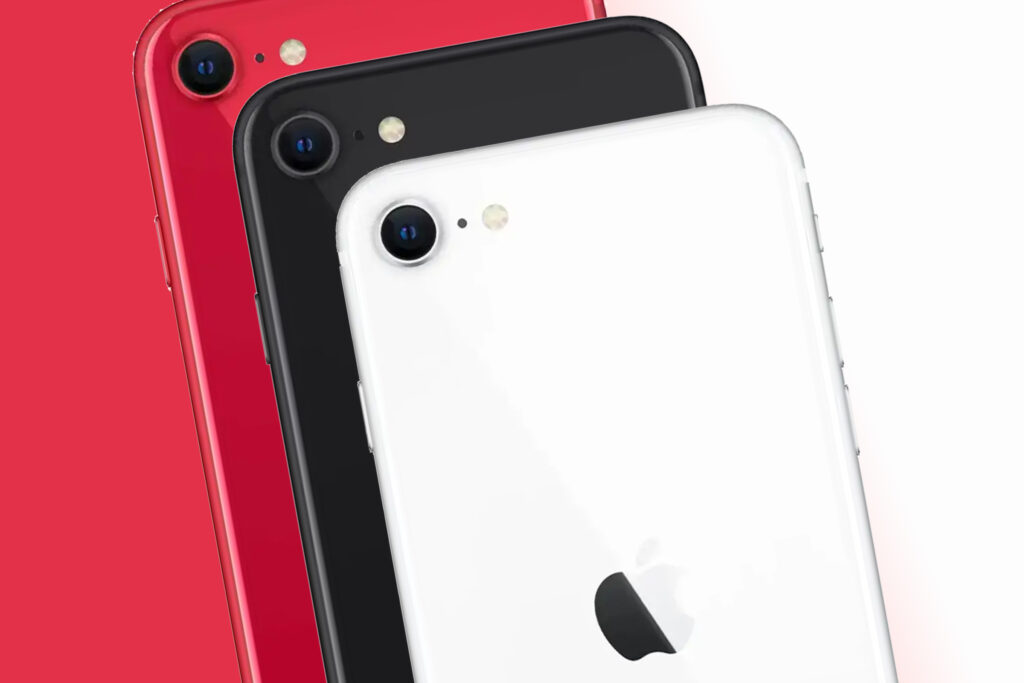The next iPhone SE will be a study in sacrifice

I’m in the market for a new iPhone right now. But which one should I pick? The iPhone 15 and iPhone 16 are both appealing options, and there are currently some pretty good deals. Still… it’s not going to be cheap.
If money’s the issue, what about Apple’s budget-focused iPhone SE? The current model is two and a half years old and got poor reviews when it was new. But a new 4th-gen model is expected to hit the market next spring, with updated components and design, and a price tag under $500. In view of the flagship models’ high price, this is a tempting offer. Surely a new iPhone SE can only be a good buy?
This prompts a new question. Should I postpone buying the iPhone 16, and wait for the 4th-gen iPhone SE instead? You know what? I don’t think so. Because the more I hear about the upcoming SE, the more I think we’re in for a whole lot of disappointment.
What we know so far
The rumors tell us, fairly consistently, that the next SE will have the dimensions of an iPhone 14. The SE has historically been a compact handset, but the era of such phones appears to be over. They had their fans, but Apple was never satisfied with the sales figures for the iPhone 12 mini and 13 mini.
For most buyers, a screen measuring at least six inches is a dealbreaker. This is understandable, as many apps and websites are simply no fun to use with anything smaller. Many web applications have been optimized for larger screens and are barely usable with something the size of the 2022 iPhone SE.
So we can expect the 2025 SE to feature a 6.1-inch OLED screen, albeit a slightly cheaper panel than the one featured on the iPhone 14. And of course, it will have a notch, which will make it feel outdated and old. And Apple will compromise in other areas too. The Action button on the lefthand edge, which Apple introduced on the iPhone 15 Pro, will be missing. The new Camera Control on the righthand edge will also remain exclusive to the iPhone 16.
Foundry
As leaked cases seem to prove, the economy model will also only have one camera, just like the iPhone XR, one of the few 2025 phones to have just one camera. And while the iPhone 16 comes in a variety of colors, the new SE will likely stick with the same three options: black, white, and red.
Finally, the current iPhone SE is pretty affordable at $429, but a price jump is to be expected for the new model. My guess is $499 for the entry-level version with 128GB. That’s cheaper than the $799 iPhone 16 of course, but not nearly as attractive as the original $399 iPhone SE.
What’s old is new
With its small screen and old-fashioned Touch ID button, the current iPhone SE serves as a warning that Apple is not afraid to rely on very old technology for this line of phones. The 2nd-gen SE from 2020, for example, was heavily based on the iPhone 8, which came out three years earlier.
The reason for this? Apple wants these phones to feel older. The iPhone SE is intended to dissuade Apple’s most frugal customers from switching to a cheap Android handset without cannibalizing purchases of the other iPhones. The more expensive an iPhone, the more profitable it is for Apple, so the company does not want to sell too many SEs. It’s meant to be an economy iPhone that looks like an economy iPhone, not a status symbol.
IDG
There’s still a market for the SE, of course. It’s ideal not only for price-conscious private customers. Many buyers on a budget don’t want a used device, put off by problems with batteries and the fact that the device has already had one previous owner. For those who want a new iPhone even if it’s missing the latest features and design, and for them the SE is the right choice.
But what they are not going to get is excitement. They’re more likely to feel a sense of déjà vu with a notch, single camera, and thick bezels.
The curious case of Apple Intelligence
The 4th-gen iPhone SE does have one real killer feature up its sleeve, something that could make it a hit after all: support for Apple Intelligence. If Apple’s new AI platform is something you’re desperate to try, the next SE could be a genuine option.
Several reports have predicted that the next SE will support Apple Intelligence, but this hardly needed to be said; this is a feature that the affordable iPhone simply has to offer. Even Apple at its stingiest wouldn’t launch a new iPhone in 2025 without building in support for its own AI. And this, in turn, means the new SE will have 8GB of RAM, and will probably be equipped with the A18 processor, the same as the iPhone 16.
The iPhone SE will surely support Apple Intelligence—but where does that leave the iPhone 14 and 15?
Apple
Even if you’re not interested in AI, the fact that the 4th-gen SE is built for AI means it will deliver the exceptional all-round performance of an iPhone 16, and outperform the iPhone 15, which costs $699. But that phone has a better camera and better features despite missing out on Apple’s flagship AI.
It’s all very confusing for buyers—so perhaps Apple will stop selling the iPhone 14 and 15 before things get back to normal when the iPhone 17 arrives later in the year.
Loving the good, living with the bad
The next iPhone SE will not be a real alternative to the iPhone 16; after all, that is not in Apple’s best interests. It will have its merits and a lower price, but if the new SE truly excites anyone Apple will not have done their job properly.
The 4th-gen SE will certainly have its fans, but the vast majority of iPhone buyers will opt for a “better” model. And that’s just the way Apple likes it.
Michael Simon contributed to this article.


